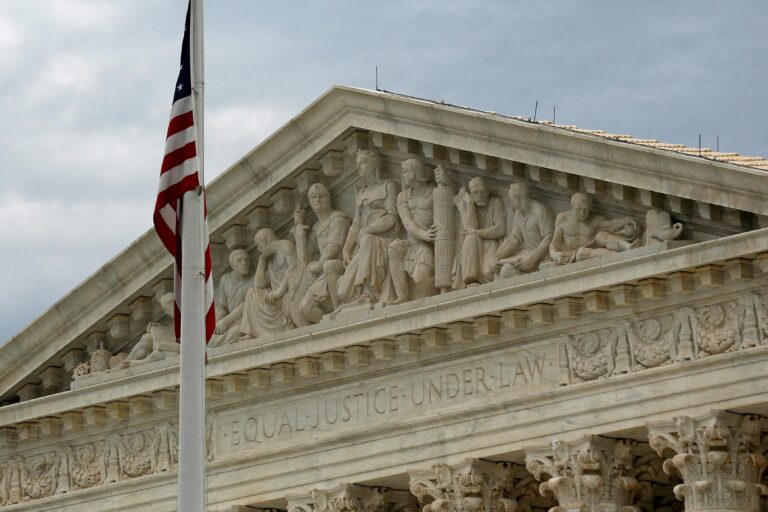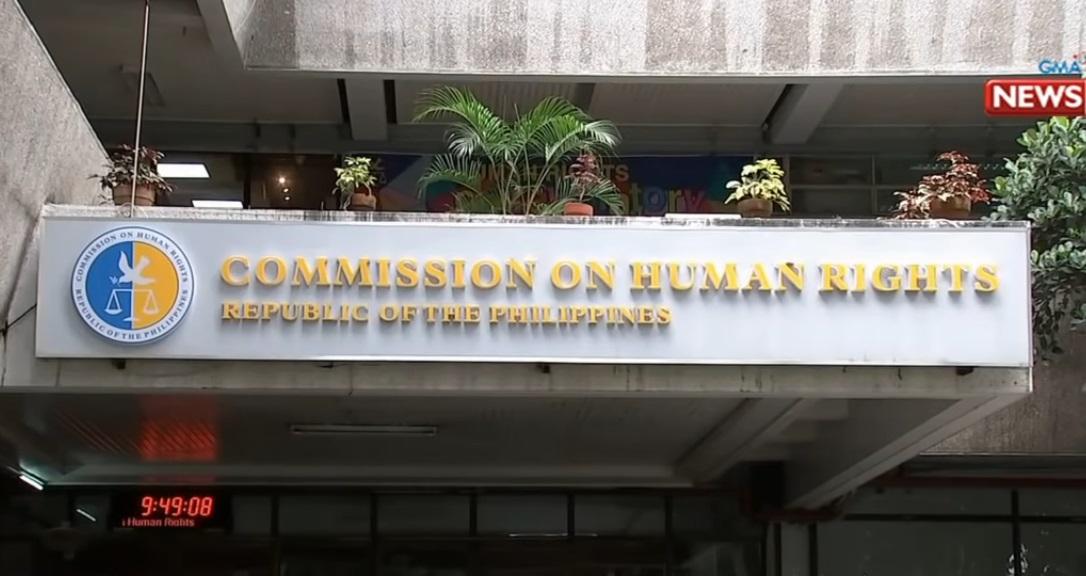The Commission on Human Rights (CHR) has firmly stated that imposing the death penalty on corrupt public officials will not eradicate corruption. This statement was released in response to a proposed measure suggesting the death penalty by firing squad for individuals convicted of corruption-related crimes, contingent upon the Supreme Court’s final affirmation of their guilt.
Why Corruption is a Serious Problem
Corruption is a grave offense with devastating effects on society. It perpetuates inequality, weakens government institutions, and erodes public trust. The CHR emphasized that while corruption must be addressed, the death penalty is neither a guaranteed nor effective solution.
What the Law Says About the Death Penalty
The 1987 Philippine Constitution prohibits the death penalty, and its reimposition was officially abolished in 2006. Additionally, the Philippines is a signatory to the Second Optional Protocol to the International Covenant on Civil and Political Rights, which permanently bans the use of the death penalty in the country.
Effective Ways to Fight Corruption
Instead of extreme punishments like the death penalty, the CHR advocates for systemic reforms to address corruption effectively. These reforms include:
- Strengthening Accountability: Strict implementation of existing anti-corruption laws and thorough scrutiny of public officials’ financial transactions.
- Promoting Transparency: Advancing policies that require full disclosure of government actions and finances.
- Building Strong Institutions: Ensuring consistent law enforcement and creating systems that prevent corruption from occurring in the first place.
Public Participation and Education
The CHR also highlights the importance of empowering citizens to combat corruption. Digital campaigns and voter education can help Filipinos make informed choices during elections, ensuring leaders with integrity are elected.
Fostering a Culture of Good Governance
Electing ethical leaders and implementing reforms that prioritize public welfare over personal interests are key to creating a culture of accountability. The CHR believes that a holistic approach, rooted in human rights and good governance, is the most effective way to combat corruption and build trust in public institutions.
Ultimately, the CHR urges policymakers to focus on solutions that prevent corruption and strengthen governance rather than relying on punitive measures that fail to address the root causes of the problem.

















